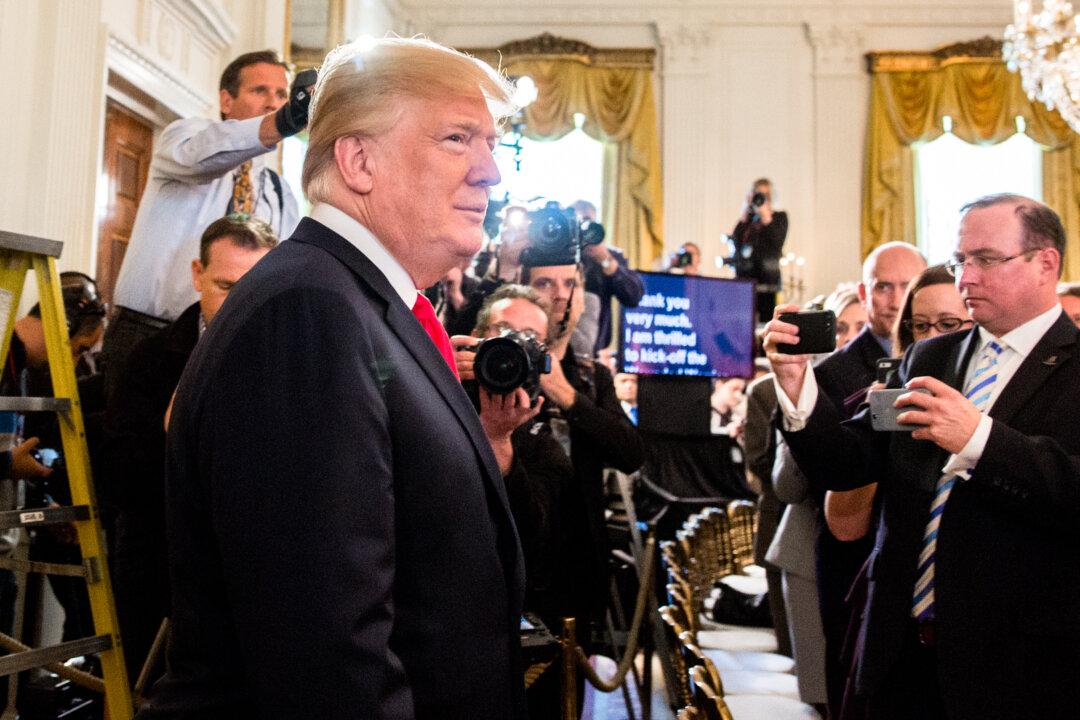The questions from Special Counsel Robert Mueller to President Donald Trump are covered by the constitution, executive privilege, and case law, according to attorneys Joseph diGenova and Victoria Toensing.
Mueller’s questions were leaked to the New York Times on Monday. Trump slammed the leak as “disgraceful” and repeated his description of Mueller’s investigation as a witch hunt.





